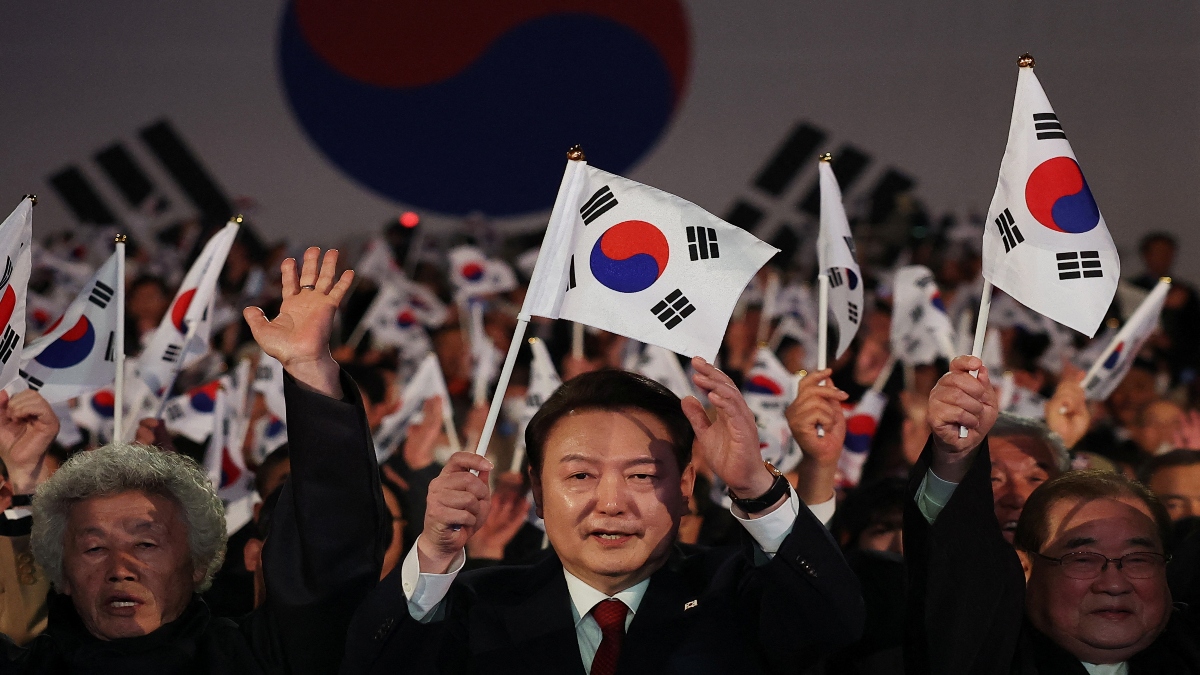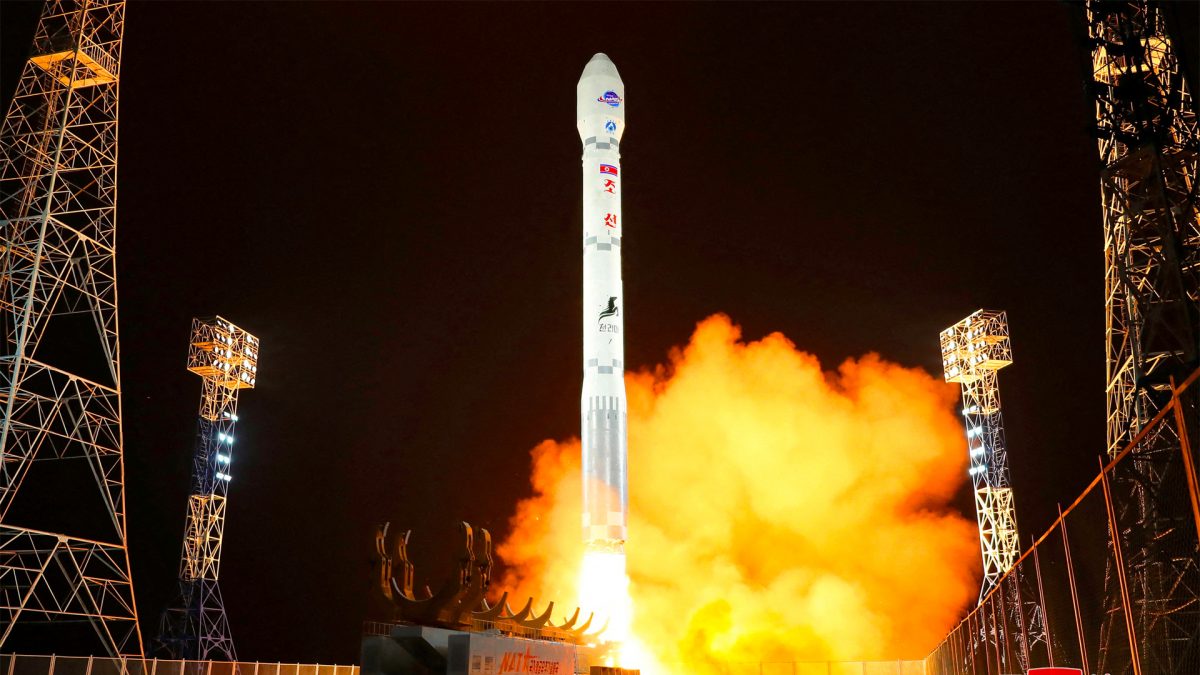Beijing: Impoverished North Korea is a long way from famine levels that killed hundreds of thousands in the 1990s but it won’t be until late next month that a full assessment of food levels after recent floods is possible, a UN official said on Thursday.
North Korea’s state media says the death toll from flooding between late June and the end of July has reached at least 169, with some 400 people missing and 212,200 homeless.
The floods have washed away 65,280 hectares of farmland, with more than 1,400 educational, healthcare and factory buildings also collapsed or damaged, North Korea says.
“Fortunately we are really quite far away from the situation in the mid-1990s,” said Claudia von Roehl, the UN World Food Programme’s (WFP) representative in North Korea.
“But we should always be aware there is a very chronic and severe problem in the nutrition of the population and in particular the very monotonous diet which basically is composed of maize and rice, carbohydrates, and lacking very significantly in proteins and fats,” she told reporters in Beijing.
North Korea suffered famine in the 1990s that killed an estimated million people and has continued to endure chronic food shortages, which many experts say reflect systemic failings in the reclusive country’s heavily centralised economic system, which has sapped farmers’ productivity.
Since then, North Korea’s agricultural sector has become increasingly vulnerable to floods and drought as a result of widespread deforestation.
Von Roehl said the United Nations will conduct a full-scale food assessment for the malnourished North next month.
“It is too early to assess the exact damage which has been inflicted by the torrential rains on agricultural production,” von Roehl said.
“We will do this in an assessment at the end of September where we will have a full assessment of the main harvest.”
The floods follow a period of drought and are certain to lift food prices, which are already rising sharply.
The WFP is now helping feed 100,000 people in the worst-hit counties and, while it remains worried about disease outbreaks, they are yet to see any evidence, von Roehl said.
UN agencies say access to North Korea has improved during the most recent flooding, indicating the country wants to ease its traditional isolation at least temporarily.
Still, it remains one of the world’s most reclusive states, even after young leader Kim Jong-un inherited dynastic power from his father Kim Jong-il, who died in December.
Von Roehl said she was not in a position to comment on whether Kim plans reforming the economy.
“We have also heard about these recent developments; we have read about them. But I will be in a much better position to give you some concrete and verified information later this year,” she said, referring to their September food assessment.
“Part of the mission will be having very detailed meetings with the Ministry of Agriculture and then I think we will be in better position to tell you something verified.”
Reuters


)




)
)
)
)
)
)
)
)